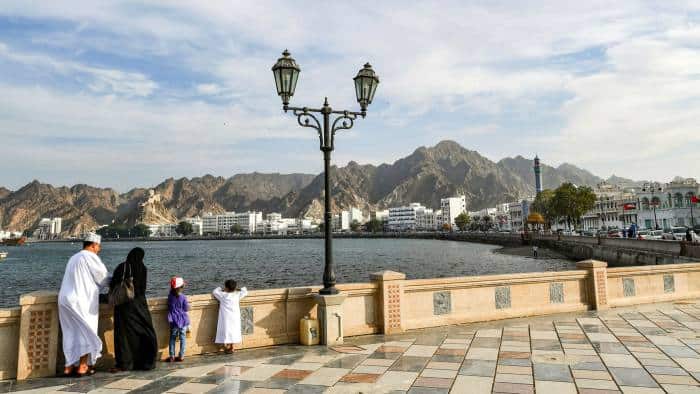-
Pandemic-induced economic impact on tourism could top $4 trillion
-
Lack of widespread vaccination in developing countries leading to mounting losses
Middle East economies could face a GDP loss of up to 3.1 percent from the reduction in tourism due to pandemic while the global economic impact could top $4 trillion, a UN report said Thursday
The joint report by the UN’s World Tourism Organization (UNWTO) and Conference on Trade and Development (UNCTAD) found that the lack of widespread vaccination in developing countries was leading to mounting economic losses.
“Tourism is a lifeline for millions, and advancing vaccination to protect communities and support tourism’s safe restart is critical to the recovery of jobs and generation of much-needed resources,” UNWTO Secretary-General Zurab Pololikashvili said in a statement.
He noted that many developing countries are highly dependent on international tourism.
The report assesses the economic effects of three possible scenarios – all reflecting reductions in international arrivals – in the tourism sector in 2021.
The first one, projected by UNWTO, reflects a reduction of 75% in international tourist arrivals – the most pessimistic forecast – based on the tourist reductions observed in 2020.
In this scenario, a drop in global tourist receipts of $948 billion causes a loss in real GDP of $2.4 trillion, a two-and-a-half-fold increase. This ratio varies greatly across countries, from onefold to threefold or fourfold.
In this worst-case scenario, the Middle East could end up losing 3.1 percent of GDP.
This is a multiplier and depends on the backward linkages in the tourism sector, including the unemployment of unskilled labour, according to the report.
For example, international tourism contributes about 5% of the GDP in Turkey and the country suffered a 69% fall in international tourists in 2020, the report said
The country’s fall in tourism demand is estimated at $33 billion and this leads to losses in closely linked sectors such as food, beverages, retail trade, communications and transport.
Turkey’s total fall in output is $93 billion, about three times the initial shock. The decline in tourism alone contributes to a real GDP loss of about 9%. This decline in reality was partly offset by fiscal measures to stimulate the economy.
The outbreak of the coronavirus pandemic brought international air travel to a near halt for much of last year as many countries refused to allow non-essential travel.
With COVID-19 vaccination rates wildly uneven — with some countries having inoculated less than one percent of their population while others have topped 60 percent — will see the economic damage concentrated in those countries with low vaccination rates.
The report found “the asymmetric roll-out of vaccines magnifies the economic blow tourism has suffered in developing countries, as they could account for up to 60 percent of the global GDP losses.”
It noted they already suffered the biggest drops in tourism arrivals last year, estimated at between 60 percent and 80 percent.
Although the tourism sector is expected to recover faster in countries with high vaccination rates, like the United States, the UNWTO doesn’t expect international tourism to return to pre-pandemic levels until 2023 at the earliest.
The 63-75 percent drop in international tourism this year from 2019 levels forecast by UNCTAD is expected to cause between $1.7 and $2.4 trillion euros in lost economic activity.

